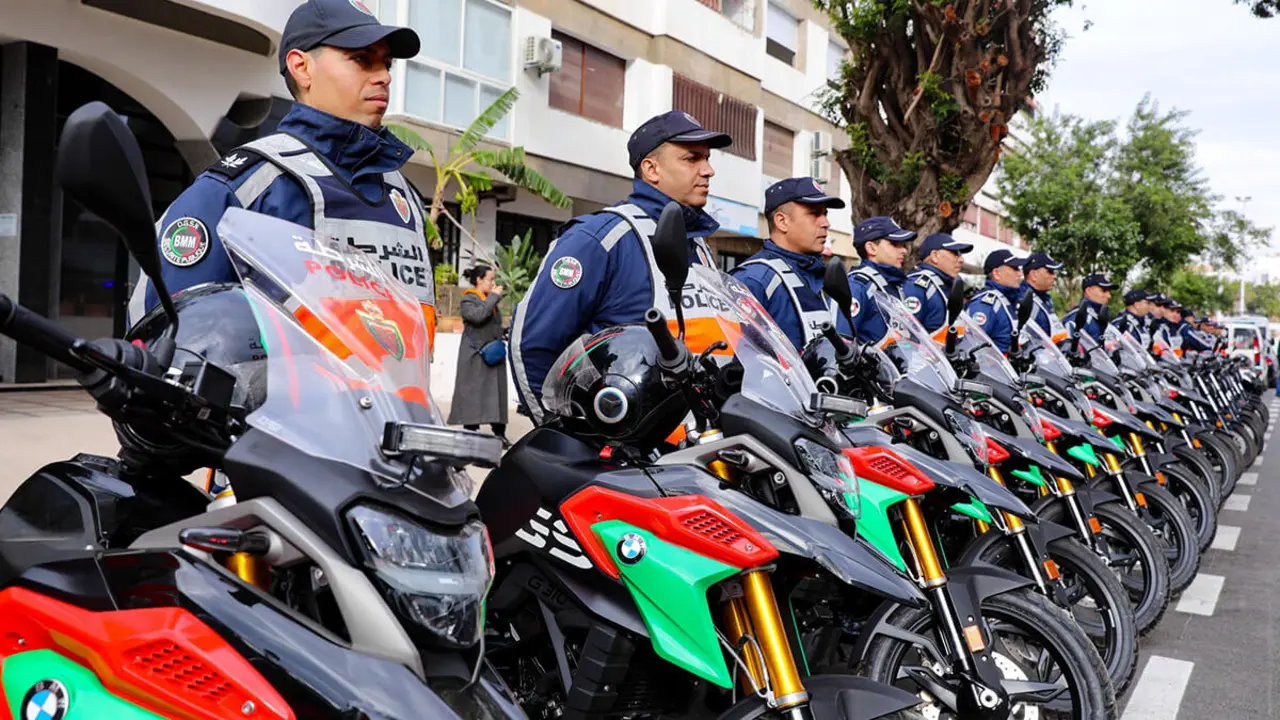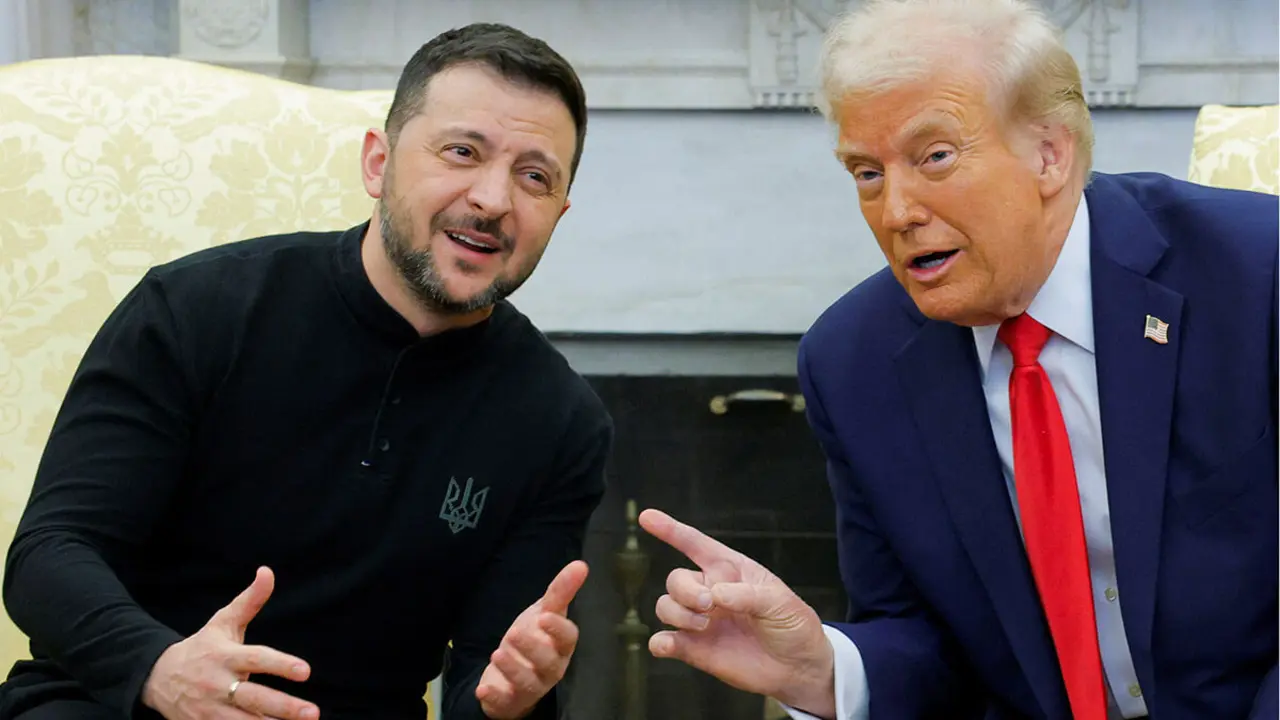RSF warns of dangers facing journalists in Sahel

Analysts and experts have been warning for years about the instability in the Sahel and its dangerous consequences, not only for the region but for the entire African continent. Reporters Without Borders was the latest international organisation to warn about this situation in its recent report "On the skin of a journalist in the Sahel", which includes dozens of testimonies from experts and journalists living or working in the region.
? “What it’s like to be a journalist in the Sahel” – RSF report on how this part of the African continent is becoming a region that is dangerously deprived of independent journalists and reliable reporting.
— RSF (@RSF_inter) April 3, 2023
? https://t.co/Rt76oa7Hid pic.twitter.com/W5pasXrP8x
In 40 pages, the RSF team in Dakar (Senegal) analyses the general panorama of the region - mentioning the military juntas in power, terrorist attacks and the presence of the Wagner Group - as well as the risks faced by reporters working in this area.
In the last decade, five journalists have been killed in the Sahel and two others have disappeared. Since the 2013 execution in Mali of journalist Ghislaine Dupont and technician Claude Verlon, both working for Radio France Internationale (RFI), three other journalists have been killed in the Sahel: Obed Nangbatna, David Beriain and Roberto Fraile. Meanwhile, two Malian journalists, Hamadoun Nialibouly and Moussa M'Bana Dicko, are still being held hostage in Mali.
? NUEVO INFORME RSF : “En la piel de un periodista en el #Sahel”
— RSF España (@RSF_ES) April 3, 2023
▶️ La expulsión y suspensión de periodistas y medios extranjeros, y la expansión de grupos terroristas, juntas militares y Wagner hacen cada vez más impracticable el periodismo en la zona.https://t.co/zTOoLOnBsu
"In the Sahel, journalists are seen as potential bargaining chips. One of them was kidnapped because some of his articles displeased his captors," RSF notes in its report.
On the other hand, hundreds of reporters have been subjected to threats and have been deprived of the safety of their work. For these reasons, RSF stresses that the Sahel is becoming an "information-free zone".
To prevent this from happening and to ensure that the 110 million Sahelians enjoy their right to information, Sadibou Marong, director of RSF's Sub-Saharan Africa bureau, calls on the states in the region to ensure that the Sahel is no longer "a zone devoid of independent journalists and reliable information, where self-censorship is the norm".

Marong also welcomes the recent release of French journalist Oliver Dubois, kidnapped for 711 days in Mali, but points out that the joy of his release "cannot, however, hide the growing difficulties faced by journalists working in the Sahel".
Not only do reporters face risks such as kidnapping or even murder, they are also subject to heavy pressure and censorship by state authorities. In this regard, RSF highlights the expulsion and suspension of the French channels RFI and France 24 from countries such as Mali and Burkina Faso following coups d'état.
The change of power by force has been a constant feature of the Sahel in recent years. Dissatisfaction with governments and their ineffectiveness in fighting terrorist groups have led to a wave of coups d'état in the region.

This change has given rise to military juntas that control the country and all areas of it, including information. For this reason, RSF speaks of "disinformation mercenaries" who operate mainly on social networks and maintain ties with Russia, an increasingly important player in the region.
"By means of patriotic mandates (in Mali) or media guidance notes (in Benin), the authorities in power are trying to shape information and control media stories as they please," says the report "On the skin of a journalist in the Sahel". These measures, combined with the suspension of laws protecting reporters, undermine the independence of journalists and the reliability of information.
Despite this complicated situation, journalists in the Sahel are not giving up and are devising initiatives to combat disinformation at the local level. Some media outlets have created verification areas with the aim of checking the information disseminated by the political authorities, while others cover the news in the different languages spoken in the Sahel, offering relevant information and data to the population.

RSF, for its part, stresses to the current leaders in the Sahel that the terrorist threat "cannot be a reason to violate the right to information and freedom of the press".
The organisation also recommends that the African Union, ECOWAS (Economic Community of West African States) and CEMAC (Economic and Monetary Community of Central Africa) develop a code of conduct for the safety of journalists in conflict zones and recognise the JTI certification standard - an initiative launched by RSF that encourages and rewards compliance and professional ethics - in their community space as a reference standard for the promotion of reliable information.
Outside the region, RSF calls on international partners in Sahel nations to create special funds for the reconstruction of destroyed media and radio stations, to fund and sponsor safety training for journalists, and to help media outlets put safety protocols in place.








